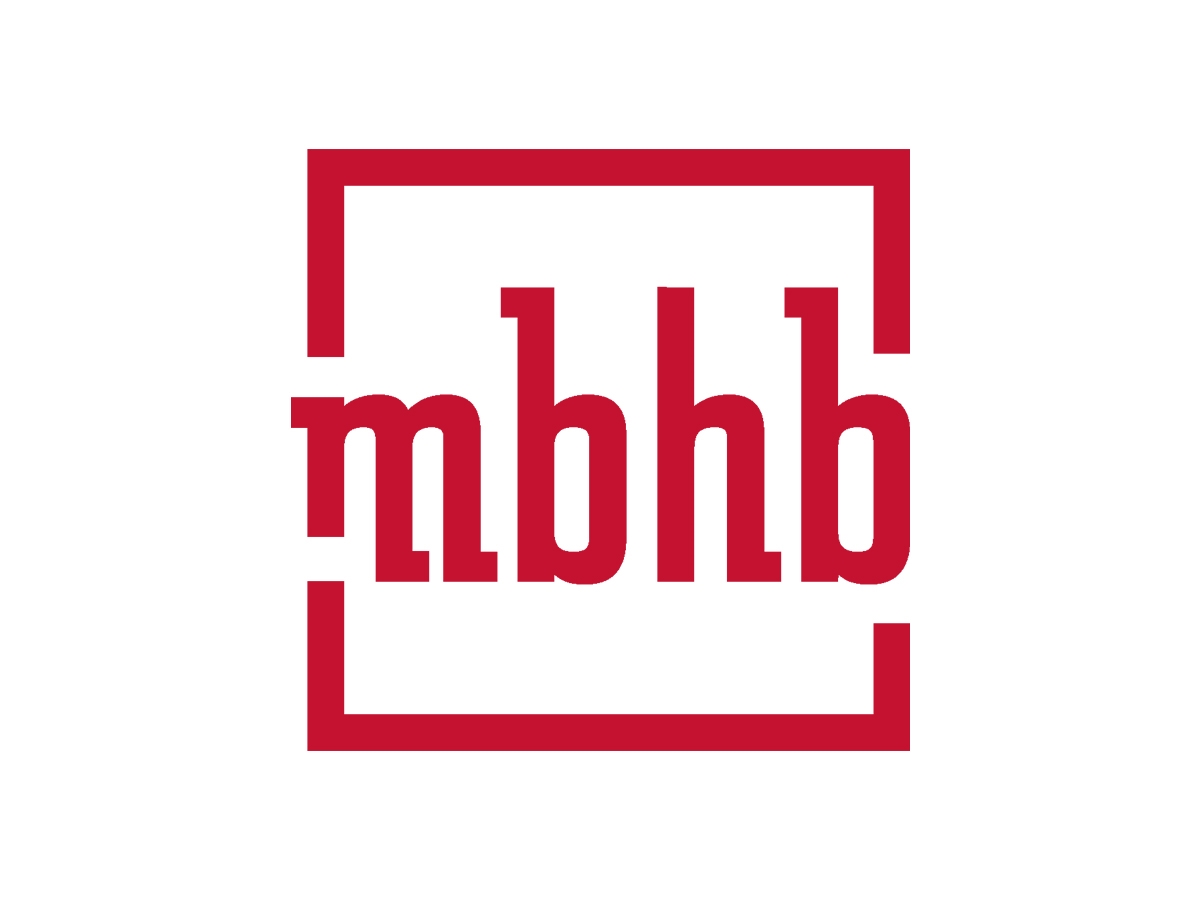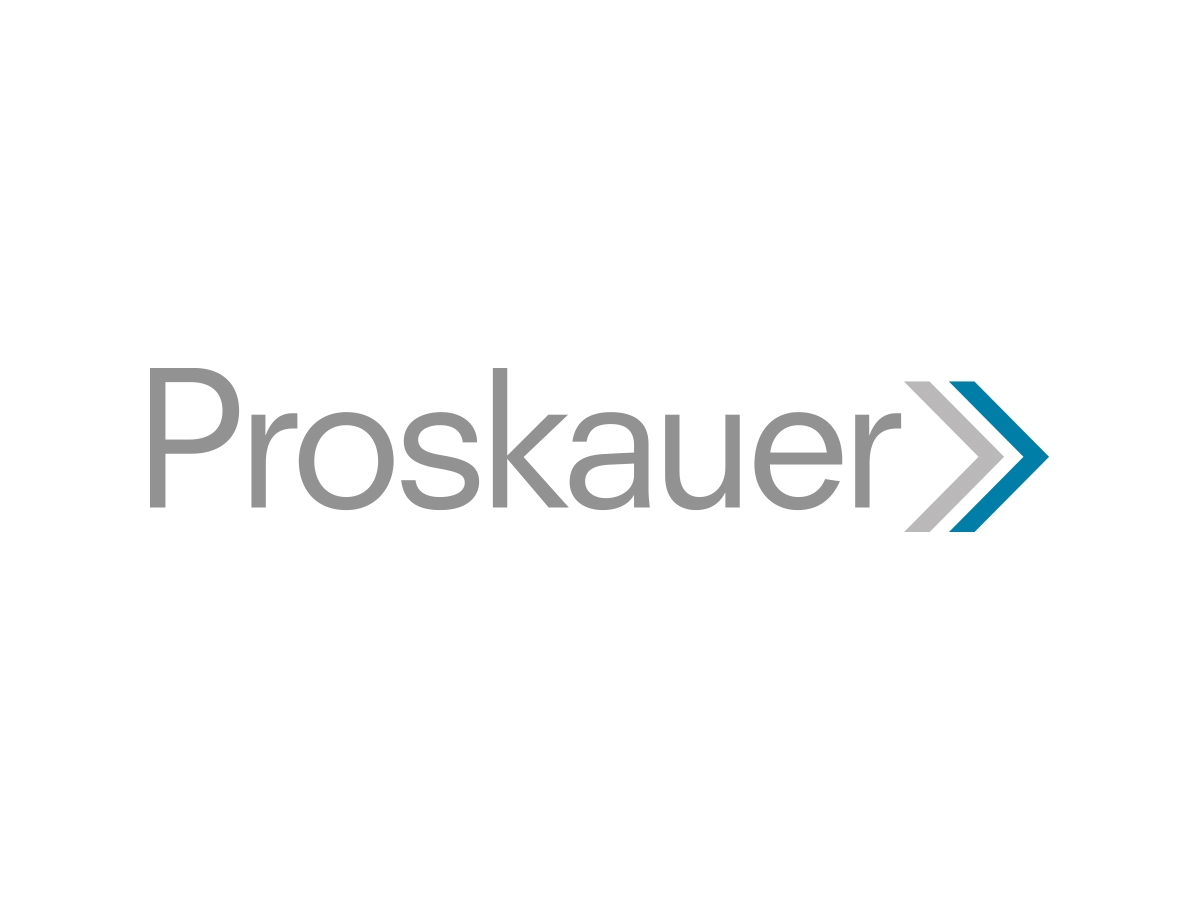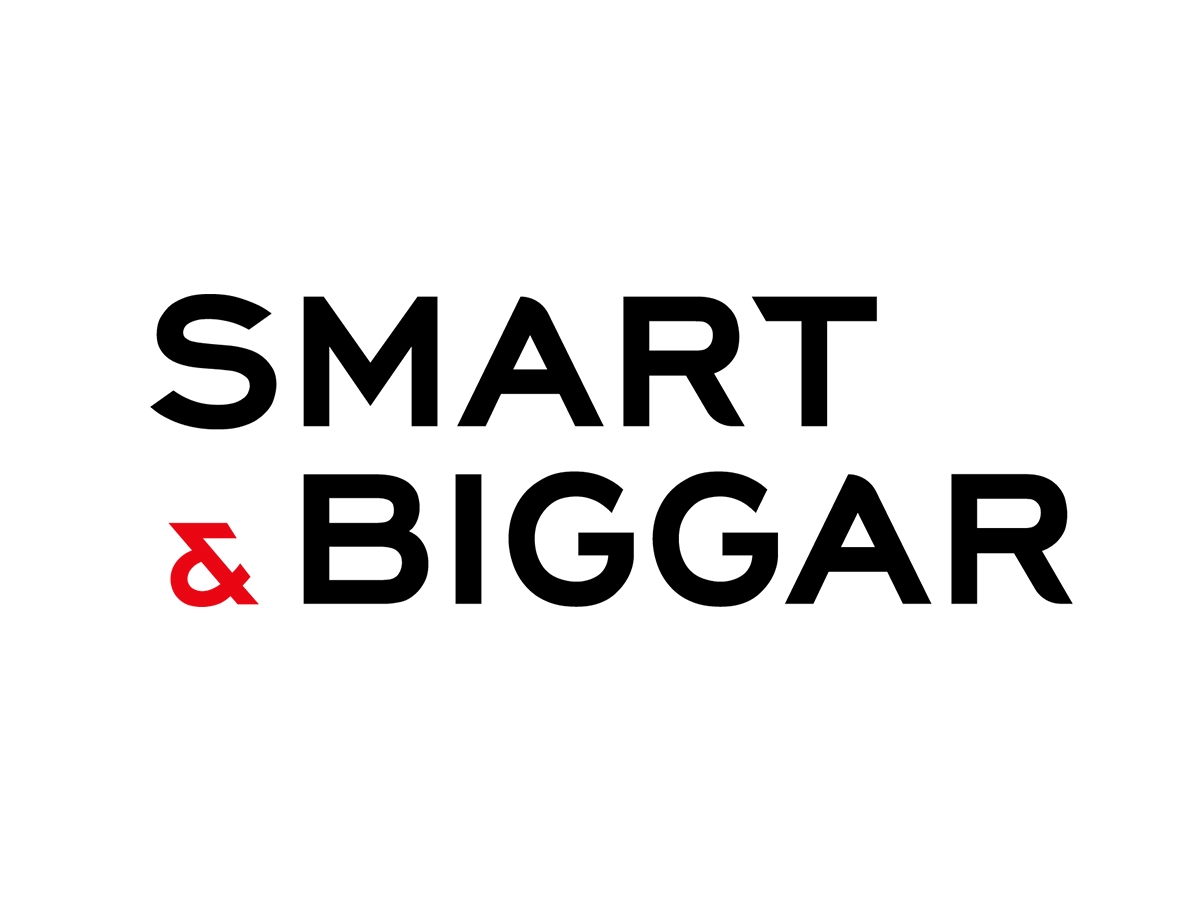Familiarity and Trust Sell, Not Cold Contacts
“The time to network is when you have the opportunity to network, not after a particular person has become someone important.”
If you are on LinkedIn, you undoubtedly get messages, perhaps daily, from some service provider that you don’t know who promises to be able to help you with some pain point. Unfortunately for those marketers who do not take the time to do even basic research, these inquiries often come off as rather pathetic and do little more than demonstrate that you certainly don’t want to work with them, ever. Seriously, if they can’t even read your LinkedIn profile to see what type of work you do, are you really going to trust them with something that matters?
Don’t Get Blocked
To give you an example, despite taking time over the last few years to focus 100% of my professional efforts on IPWatchdog, every day I am bombarded with pitch after pitch explaining how some tool I never knew existed could help law firms like mine. I don’t exactly hide what it is that IPWatchdog is and does, nor does my profile even mention a current affiliation with a law firm. If I am in a particularly cantankerous mood I will respond: “Do you even know who I am?” I save that response for those who pretend they have deep experience in the patent or intellectual property space but clearly aren’t familiar with me or IPWatchdog.com. Don’t be like those pretenders who know nothing about the industry and don’t take the time to customize a pitch.
I am not a fan of these cold contacts to attract new clients. They really don’t work. People in our industry who have hiring authority are almost universally going to want to know you before they hire you, and if they don’t know you, getting behind whatever walls they have set up is going to vary from being difficult to virtually (or actually) impossible. Therefore, the primary goal of a rainmaker must be to become known, trusted and liked by those who have hiring authority. Familiarity, some sort of relationship, and trust are essential before you make the pitch for work. If you are unknown and not trusted, your pitch will fall short and may be counter-productive—the last thing you want is to wind up being blocked by those with hiring authority.
Network Now
Of course, not everyone with hiring authority should be in your sites. Always remember that it is much easier and profitable to reach out to those who are already in the market for whatever is on sale, and the sale of legal services is no different. So, the fact that someone holds hiring authority is good information, but do they need what you are offering? And if they need what you are offering, do they understand that they need what you are offering? This means focusing on those with hiring authority who want what you are offering. For example, an open-source company that has a public anti-patent position is going to be a hard sell for patent prosecution services because they don’t want those services, even if you can make a compelling case as to why they are making a mistake and taking a myopic view of patents.
Simply put, you want to fish where the fish are! But, too often, lawyers, who never receive training on entrepreneurial best practices, take this too literally. Yes, it is a mistake to focus time and energy fishing where there are no fish, but don’t think that means you should only be willing to speak or write for audiences full of in-house decision-makers. Sure, the goal is to speak to a room full of interested in-house decision-makers you can impress, but where do in-house counsel come from? They often come from private practice, and when they go in-house, they are suddenly bombarded by everyone who is looking for work, even those with only the most remote of remote connections. The seemingly “unimportant” people you meet along the way will likely one day be the “important” people you’re targeting—the time to network is when you have the opportunity to network,not after a particular person has become someone important. If they weren’t important enough to you before, don’t be surprised if now that they are in a position to hand out work, they gravitate to friends and colleagues who previously treated them as friends and colleagues before they were in that position.
Make Your Mistakes in the Minors
Finding a podium or platform to speak in front of an audience is an important way to develop the perception that you have expertise relating to a certain topic or field. But putting yourself in position to be a speaker at an event where you ultimately want the audience to perceive you as an expert requires taking the first step—you must become a speaker. And remember, you need to walk before you can run. Speaking at conferences is a great way to establish yourself as having expertise in a certain area. But getting better at speaking in the first place, and getting better invitations in the second place, requires starting somewhere.
While it makes all the sense in the world to strive for presentations where the density of in-house counsel is high, even if you could start speaking only to in-house counsel with hiring authority, you wouldn’t want to start there. Make your mistakes in front of smaller audiences, get feedback, improve your presentation skills and conversational tone, and for goodness sakes, only speak about things you really know cold. For lack of a better way of explaining it, the time you spend in the minors honing your skills will pay dividends when you are ready for the big leagues.
Image Source: Deposit Photos
Author: gustavofrazao
Image ID: 73405527
Gene Quinn
Gene Quinn is a patent attorney and a leading commentator on patent law and innovation policy. Mr. Quinn has twice been named one of the top 50 most influential people […see more]







